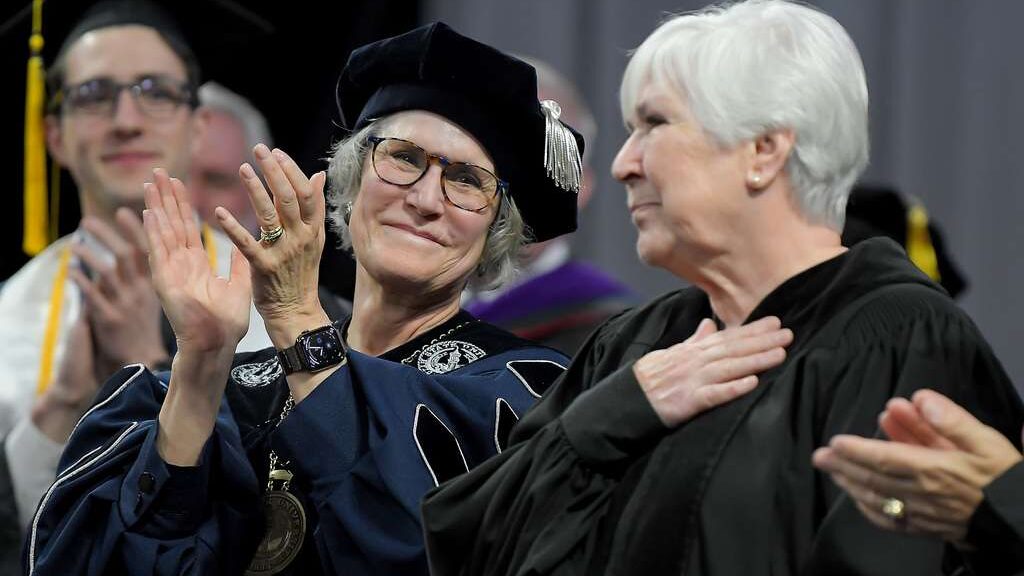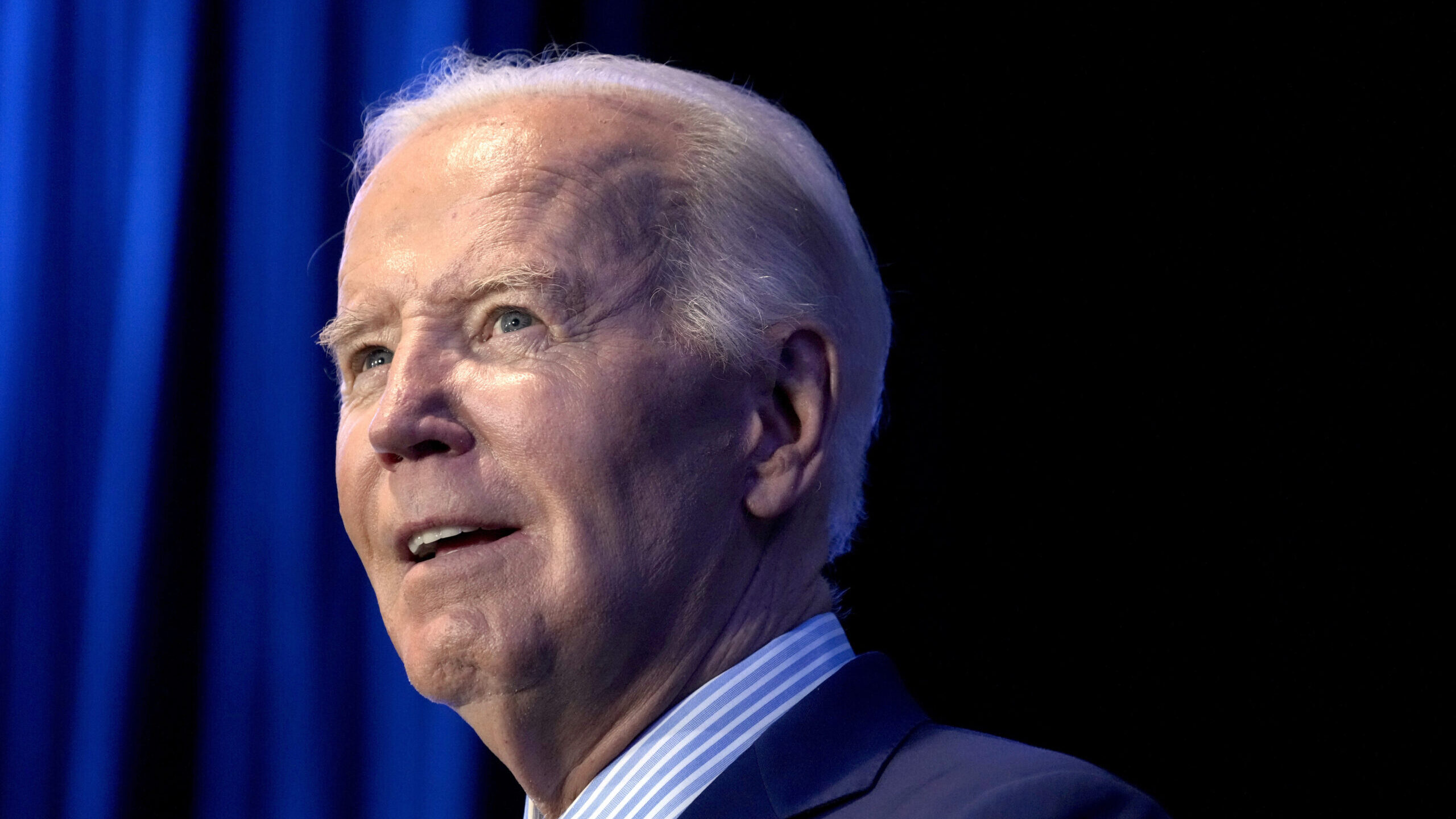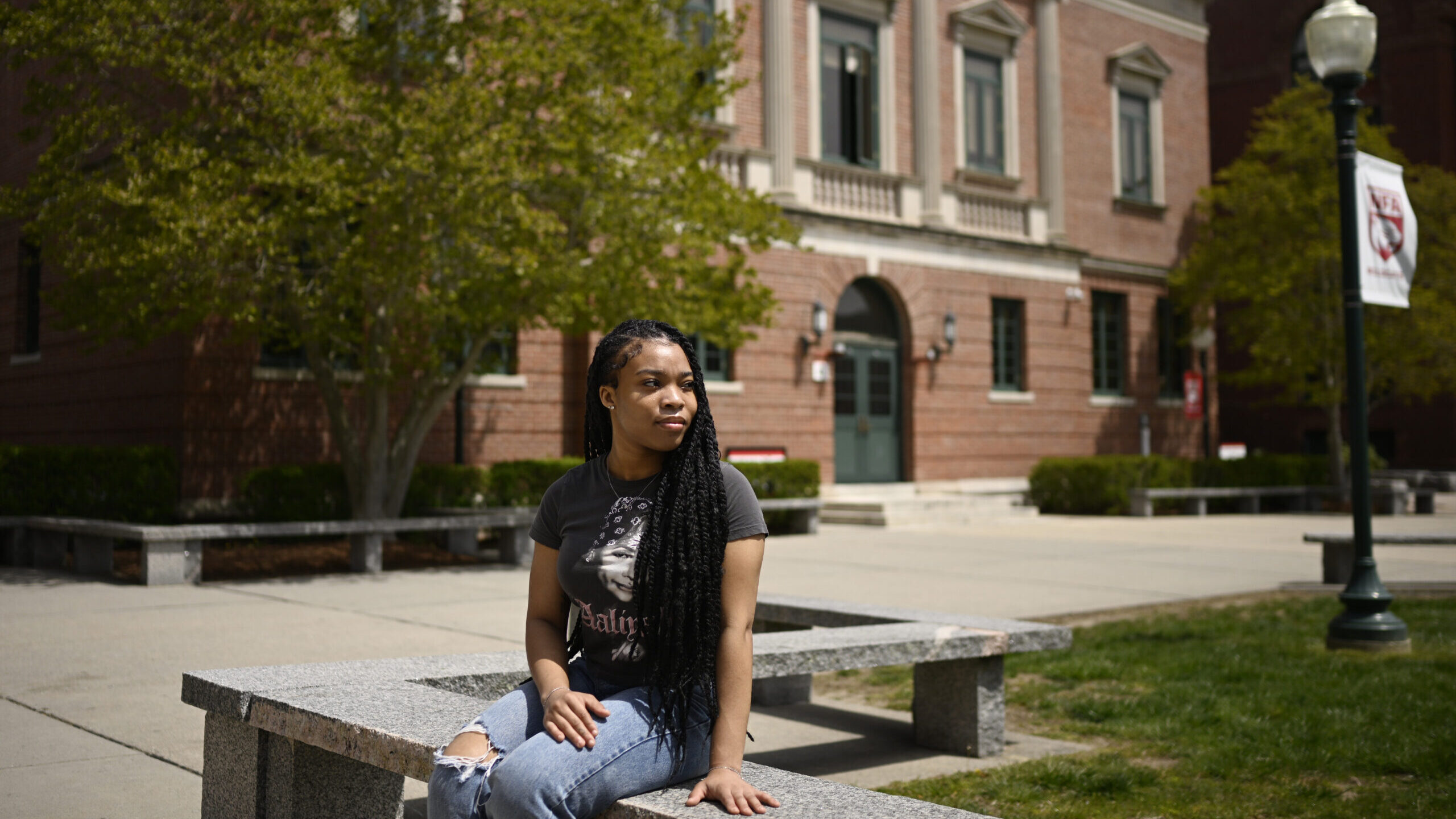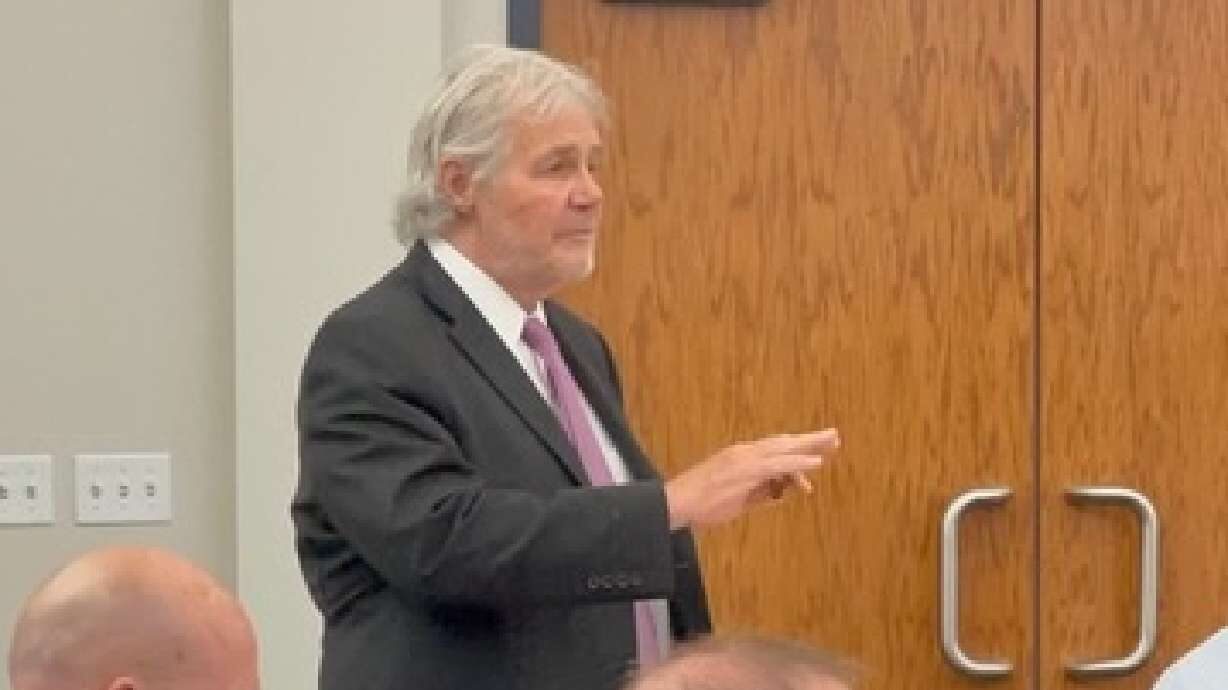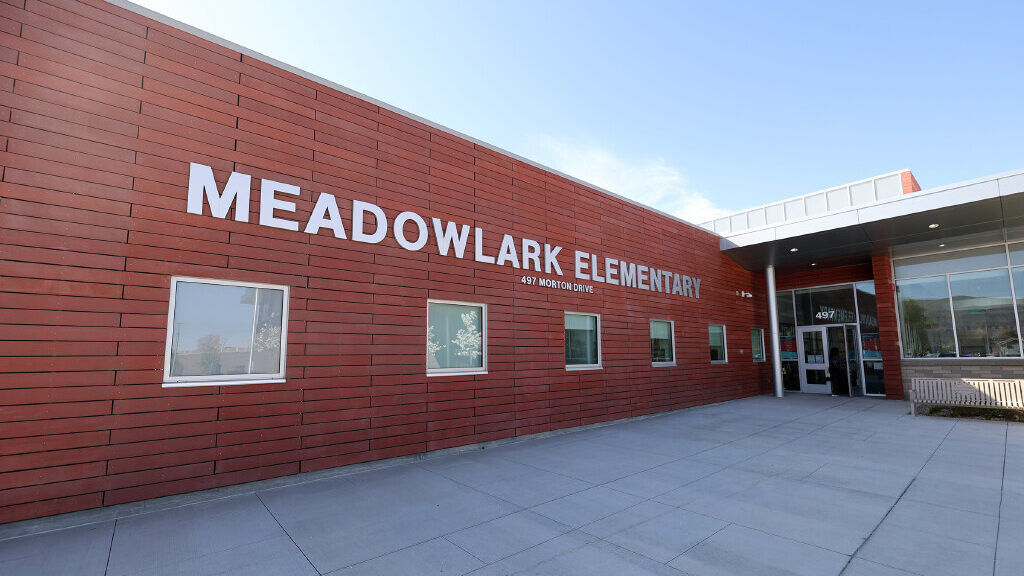Teaching kids to read shouldn’t be a partisan issue, former teacher says
Oct 17, 2023, 6:30 AM
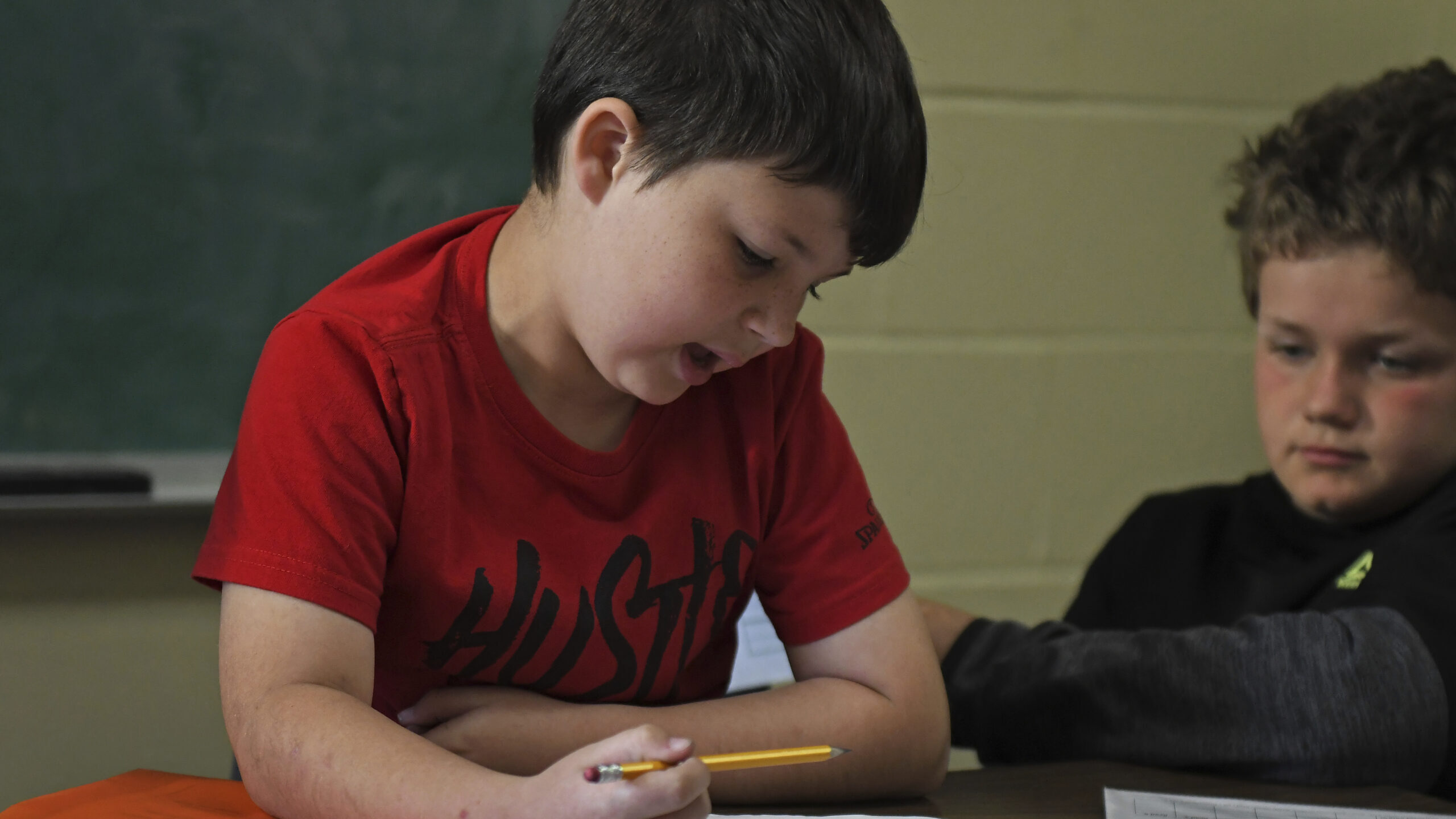
Third grader Parker works on a reading assignment with classmates at Highland Elementary School Monday, April 12, 2023, in Columbus, Kan. Reading skill and comprehension is down and illiteracy is up in the United States and across the world. Part of the problem is that teaching kids to read has become a partisan issue. (AP Photo/Nick Ingram)
Credit: ASSOCIATED PRESS
(AP Photo/Nick Ingram)
SALT LAKE CITY — Reading skill and comprehension is down and illiteracy is up in the United States and across the world. Part of the problem is that teaching kids to read has become a partisan issue.
Robert Pondiscio from the American Enterprise Institute tells KSL NewsRadio’s Boyd Matheson it’s time to put politics aside and come together on some necessary policy changes.
Pondiscio said through his work as a fifth-grade teacher in the South Bronx he worked daily with kids who struggled with reading. Over time, he began to notice that decisions when it came to education weren’t made based on science, but rather on politics.
“There’s no Republican or Democratic way to teach kids how to read, the science is settled, so to speak,” he said. “You know, we know that phonics works. We know how to teach kids how to comprehend.”
He said the problem right now is that opposing groups favor different forms of reading instruction over another and the groups can’t agree.
“It’s more of a case of, ‘hey, if somebody I don’t like likes it, well, then it must be bad. Or if somebody I dislike thinks that’s good, well, then I oppose it,'” Podiscio said. “That’s just not going to be very good for our kids.”
How should we be teaching kids to read?
When it comes to good policy for teaching kids how to read, Pondiscio said it often doesn’t translate into the classroom.
“I mean, look at No Child Left Behind. We passed the policy 20 years ago that said ‘by the year 2014, every child must be reading on grade level. That didn’t happen,” he said. “You can’t just wave a magic wand and make these things happen.”
Rather, Pondiscio said, good policy starts with good curriculum.
“There are any number of good phonics-based early childhood curriculum out there that will teach kids what we call decoding … sounding words out,” he said. “If a kid can’t … decode, they can’t sound the words out, then they are nonreaders.”
However, it’s not just about decoding. Reading and comprehension go hand-in-hand.
When he taught in the South Bronx, many of Pondiscio’s students could decode but they couldn’t comprehend what they were decoding.
“That’s a lot more complicated. Because that means you’ve got to have a well-rounded education in everything,” he said. “They have science and history and art and music. That’s comprehension is not a skill, like throwing a ball or riding a bike.”
When it comes down to it, Pondiscio said the formula is starting phonics instruction and decoding and then moving into a “rich and broad” education.
“If we provide both of those things, then it’s not going to be a magic bullet for every kid. But a lot more kids will get where they need to be,” he said.
Inside Sources with Boyd Matheson can be heard on weekdays from 1 p.m. to 3 p.m.


